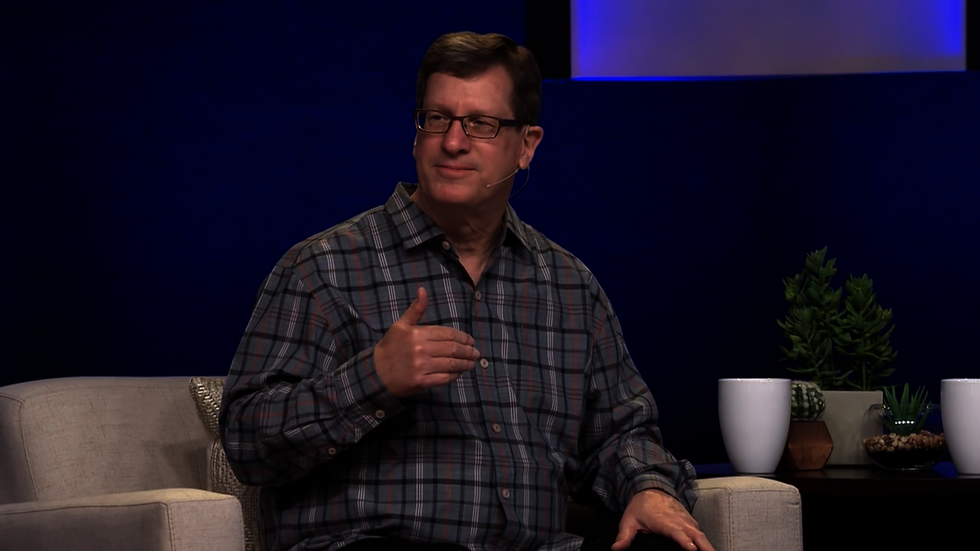Contrary to popular opinion, millennials aren’t really giving up on faith: They’re just getting lost searching for answers. So says Lee Strobel, a former journalist best known for his conversion from atheism to Christianity in the 1980s.
Strobel, author of the best-selling book “The Case for Christ,” which has been adapted into a film premiering later this week, believes today’s young people are just like he was in the ’80s: Lost, but digging for the truth.
“Certainly we see a trend toward a postmodern mindset and we see a trend toward ... ‘post-truth’ culture,” the 65-year-old author said during a recent interview on Christianity Today’s “The Calling” podcast. “But ... I think that evangelism in the 21st century is spelled ‘apologetics.’”
“I think it is still relevant,” he said.
Strobel used an anecdote from the book, “The Case for Christ,” to make his point. It was 1998, he said, when a scholar he was interviewing told him that no one would be interested in his book because “we live in a postmodern culture.”
“[The scholar] said, ‘Young people especially are not interested in evidence for the faith, they’re just not interested,’” Strobel recalled. “So I went home and told Leslie , ‘No one’s gonna read my book. I’m wasting my time!’”
But when the book released in the late ’90s — and every year since — the “single biggest group of people” who have read the book, reached out, and subsequently come to the Christian faith have been 16- to 23-year-olds, Strobel told Christianity Today’s Richard Clark.
Strobel also referred to a 2011 article in Christianity Today, which asserted that apologetics is making a comeback among younger demographics because they are seeing moral arguments and truth claims cropping up in popular culture, while witnessing a dearth of rebuttals from Christian leaders.
“The apologetics resurgence has been sparked ultimately by teens who are asking more questions about why people believe the things they do,” Christian apologist and speaker Sean McDowell, who leads Worldview Ministries, said at the time. “Those who thought that kids in a postmodern world don’t want an ideology were wrong.”
Strobel agreed, saying young people are “looking for something solid” in the midst of a morally relativistic society that simultaneously tells them everything and nothing is true.
“It’s partially a reaction against the postmodern mindset,” he argued. “They are looking for something solid, they are looking for something to believe in.”
Strobel told Clark that, while most Christians aren’t reading books by famed atheists like Richard Dawkins, who frequently lambastes the Christian faith, their non-believing neighbors are.
“And then they’re coming to us as Christians and saying, ‘Hey, what about this?’ ... And Christians who have not been prepared by the church to respond go, ‘Uh, I don’t know?’ It starts to ding their faith a bit, and they feel embarrassed — they don’t know what to do,” Strobel said.
“So now,” he continued, “they’re going to their pastor and saying, ‘Hey! You’ve got to equip me, you’ve got to help me. I’m getting hit with these questions. You’ve got to equip me to be better prepared.’”
Ultimately, Strobel asserted that this friction between secular and sacred society is ushering in “a golden age of Christian apologetics,” one in which facts aren’t just blurted out divorced from reality. Instead, Strobel contended, today’s discussions will be more more personal because apologetics is now tied to relationships and experiences.
“I see all this as very positive,” he concluded. “Yes, the kind of questions change — they’re more personal, they’re maybe broader, they may deal with topics that we didn’t deal with back in the ’90s — but I think they’re evermore important.”



